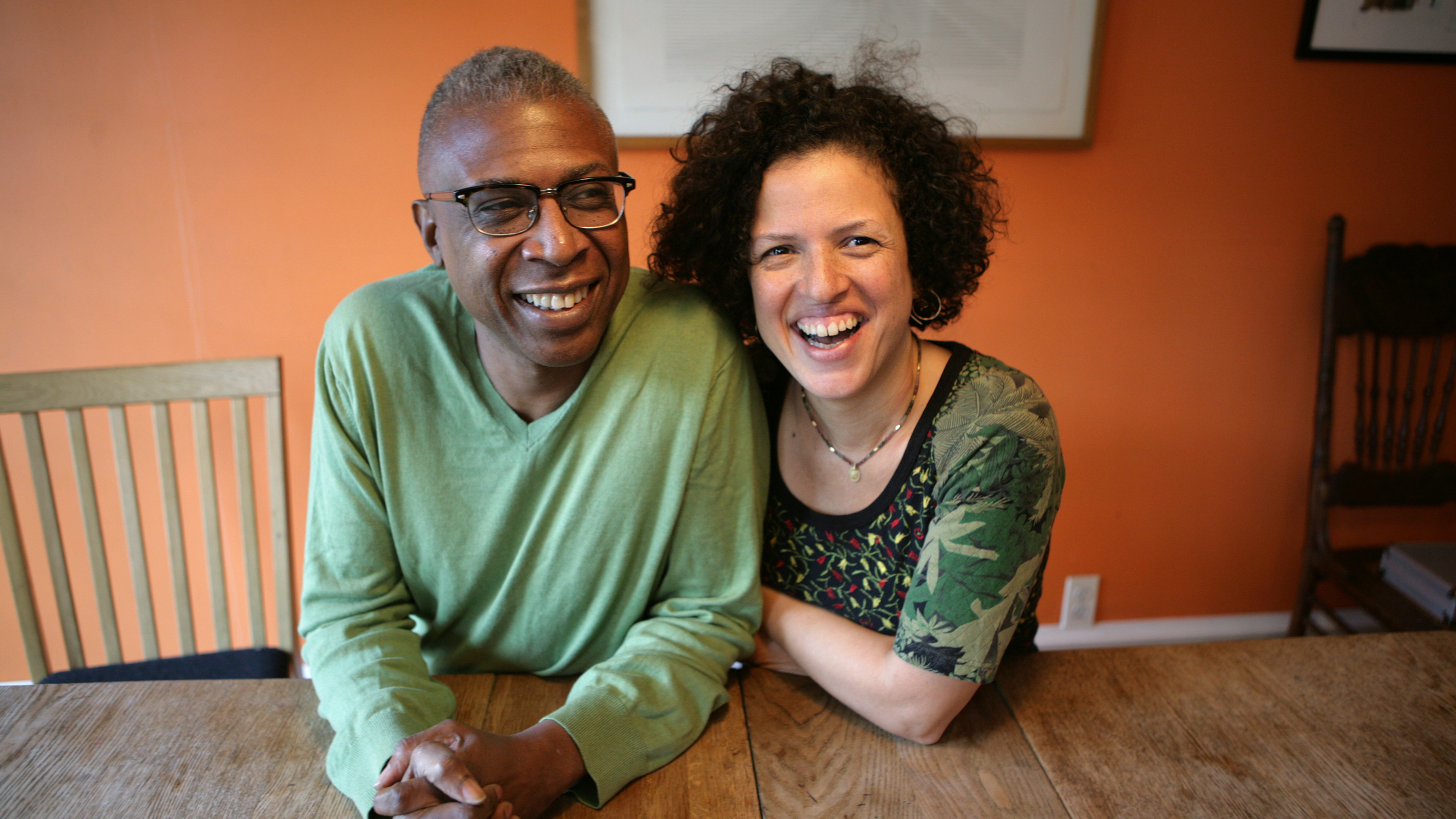Every week, I shine the spotlight on some of the best storytelling in the business and offer my comments. “3 Great Stories of the Week” will post every Monday at 8 AM.
As the year nears its end, so does this segment — at least in a sense.
This entry is the final 2013 edition of “3 Great Stories” that focuses on original content. In the next two weeks, I will publish my favorite stories of the past twelve months, much as I did during the first six months of the year.
So, without further ado, here are three great stories from last week, a strong week in a very strong year for storytelling:
On second thought … (12/13/13, Slate): If you read this blog regularly, you know I am no stranger to using my life experiences — even my Facebook timeline — as inspiration for entries.
Naturally, I enjoy when other journalists do it, too … especially when they, as I try to do, springboard that inspiration into compelling work that affects a wider audience.
Jennifer Golbeck of Slate’s Future Tense blog does that here. She uses a friend’s question on Facebook — about whether the social media service tracks what you write, even if you don’t post it — and researches her way to a provocative think-piece about user privacy. She finds a study in which the authors, both Facebook employees, freely admit to mining our un-posted writing and using it for their own research.
Golbeck articulates, at her entry’s end, why Facebook users should be alarmed by this:
Facebook studies this because the more its engineers understand about self-censorship, the more precisely they can fine-tune their system to minimize self-censorship’s prevalence. This goal — designing Facebook to decrease self-censorship — is explicit in the paper. So Facebook considers your thoughtful discretion about what to post as bad, because it withholds value from Facebook and from other users. Facebook monitors those unposted thoughts to better understand them, in order to build a system that minimizes this deliberate behavior.

